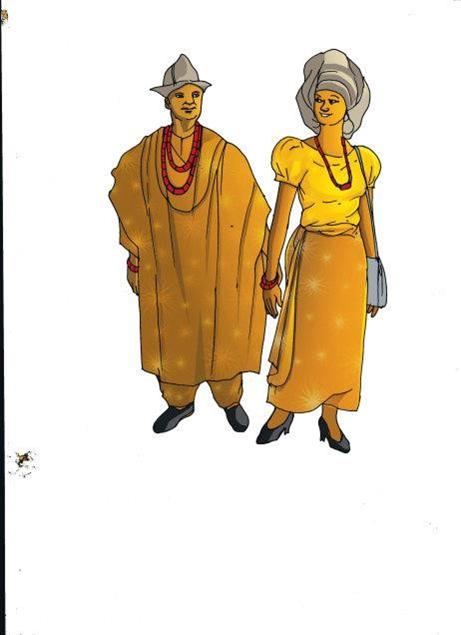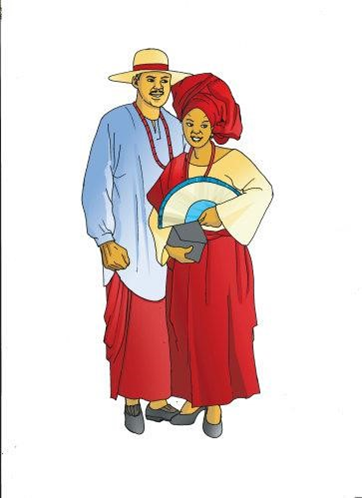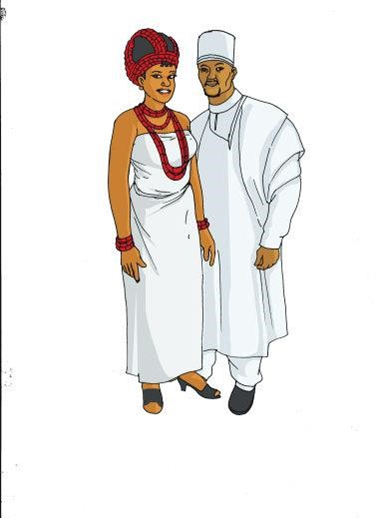Lesson Notes By Weeks and Term - Primary 6
Intermarriage
WEEK 3
SUBJECT: SOCIAL STUDIES
TERM: 1ST TERM
CLASS: PRIMARY 6
By the end of the lesson, pupils should be able to:
INSTRUCTIONAL MATERIALS: A chart showing couples getting wedded.
REFERENCE MATERIALS
Scheme of work
All relevant materials
6-Years Basic Education Curriculum
Online information
BUILDING BACKGROUND/CONNECTION TO PRIOR KNOWLEDGE:
Pupils are familiar with the topic in their previous classes.
CONTENT
An intermarriage is one in which people from different groups marry. They may be from different social, racial, ethnic or religious groups.
An intra-ethnic marriage is the union between a man and a woman from the same ethnic group. Examples are when an Igbo man from Anambra State marries a woman from another Igbo-speaking place (e.g. Imo State), a Yoruba man from Ogun State getting married to a Yoruba woman from Oyo
State, and a Hausa man from Kano State taking a Hausa wife from Kaduna State.
An inter-ethnic marriage is the union between a man and a woman from different ethnic groups. The following are some examples of inter-ethnic marriage:



(WRAP-UP CONCLUSION)
Teacher goes over the topic once again to enhance better understanding
ASSIGNMENT
Define marriage.
Mention four (4) ways in which people marry in Nigeria today.
What is intermarriage?
Mention three (3) types of intermarriage.
State four (4) disadvantages of inter-ethnic marriage.
Differentiate between intra-ethnic marriage and inter-ethnic marriage. Give three (3) examples of inter-ethnic marriage.
State three (3) advantages of inter-ethnic marriage
© Lesson Notes All Rights Reserved 2023